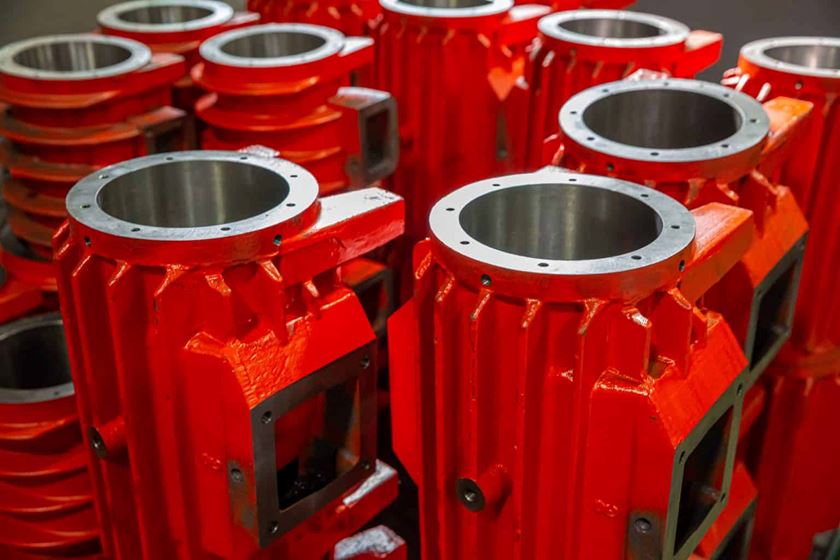The Rich—A Necessary Cog in Our Economy
The United States runs on capitalism, where the means of production and distribution are privately owned and operated for profit. So a capitalist, by definition, is a generator of wealth, as is the typical successful business owner.
#economics
In my experience (and strong opinion), business success is never plain luck. However, successful entrepreneurs who have worked their tails off to become affluent have been shoved into a separate minority group, usually referred to as "the rich."
My research has failed to discover an authoritative source as to who is considered rich. However, based on my consulting experience, the rich have a net worth of $4 million or more.
Certain politicians propose to take bigger portions of the rich's wealth by various taxing schemes including increased income tax and capital gains rates; killer estate tax rules and rates; a surtax; and limitless taxing of earnings that are subject to social security taxes. They do this because "the rich can afford it."
However, the rich are an essential ingredient of the fabric of America. They are a necessary cog in the wheel of a prosperous American economy. Below are three segments of the economy in which the rich are necessary:
• Taxes. Recent IRS data shows that the top 1 percent of taxpayers (those who earned $410,000 or more in 2007) paid 40.4 percent of all Federal income taxes. Yet, they only made 22.8 percent of all the reported adjusted gross income.
In 1993, economist Burt Hauser published data about the income tax system. Hauser's Law states: "No matter what the tax rates have been in postwar America, tax revenues have remained at about 19.5 percent of gross domestic product (GDP)." The simple truth is that an increase in GDP increases tax revenues while an increase in tax rates (which sock the rich) reduces tax revenues. Three times in our country's history, across-the-board income tax rate reductions—during the administrations of John F. Kennedy, Ronald Reagan and George W. Bush—all resulted in increased income tax revenues in the years immediately following the rate reduction. So, if Washington wants more tax revenues, it should increase the GDP and not tax rates.
• Jobs. Closely held business, or the "rich" business owners, create two-thirds of all the jobs in the United States.
• Charity. The rich are the backbone of philanthropy in our country. Their contributions fund medical research, universities, hospitals, education and other charities in the United States.
The rich, by any definition, are the ones with wealth beyond what is needed to meet their basic living expenses. They invest their wealth in Wall Street (supporting larger companies), put it at risk in their own businesses (creating more jobs), fund various charities and yes, are guilty of spending a portion on high-end goods and services (creating jobs). It seems logical that destroying the rich by taxing away a large portion of their wealth will not help the poor. In the long run, excessive taxing of the rich will backfire, reducing the tax revenues to Washington.
RELATED CONTENT
-
Powder Coating PVC?
Question: I have a product that I am trying to get to market.
-
Finishing Index Moderates After Posting March All-Time High
Best Efforts to Increase Output Still Cannot Quell Rising Backlogs
-
Advancements in Automated Polishing, Buffing and Deburring
As we enter the new millennium, it might be constructive to critique the many changes we are experiencing in the way we must do business to survive, grow and prosper in an ever changing and expanding global market.















